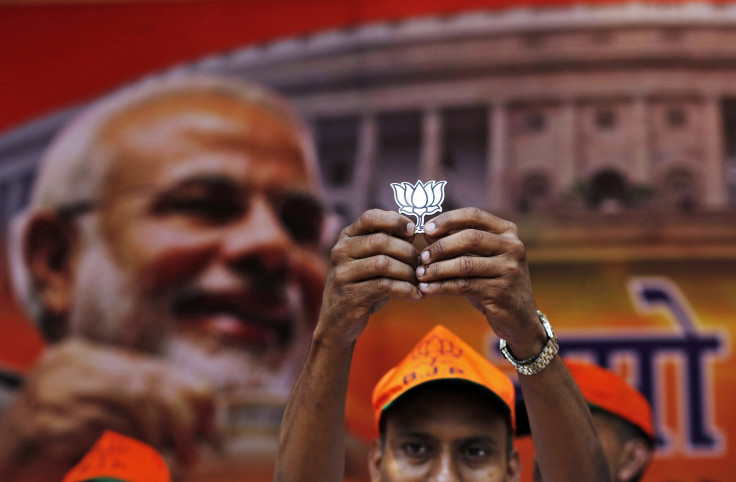India Summons US Diplomat To Respond To Claims That NSA Spied On BJP

India summoned a U.S. diplomat on Wednesday demanding a response to claims that the National Security Agency, or NSA, spied on Prime Minster Narendra Modi’s party in 2010.
On Monday, new documents leaked by whistle-blower Edward Snowden and published by The Washington Post, revealed that the NSA was authorized by a U.S. court to carry out surveillance on the Bharatiya Janata Party, or BJP, which is now India's ruling party, along with other political organizations such as the Muslim Brotherhood in Egypt and the Pakistan Peoples Party.
NSA’s surveillance was reportedly termed as "an invasion of privacy" and completely "unacceptable" by India's Ministry of External Affairs and a senior official reportedly said that the government will most likely register a “strong protest” with Washington.
"We expect a response to be provided to us, and if these (reports) are true, an assurance that this will not happen in the future," a senior Indian official told Reuters.
The latest diplomatic row between the two countries reportedly eclipsed U.S. Sen. John McCain’s visit to New Delhi where he was scheduled to hold talks with India's external affairs minister on Thursday. McCain cancelled a news conference, Reuters reported, even as U.S. and Indian officials claimed that his decision was not linked to reports about the NSA's spying. According to reports, U.S. Secretary of State John Kerry and Deputy Secretary of State William Burns too expected to visit India later this month.
"Our view is pretty clear that it is extremely disconcerting that privacy laws in India are undermined. Whether it is individuals or organisations, we have raised this issue with the authorities concerned in the U.S. as well as through our embassy,” Syed Akbaruddin, a spokesman for the external affairs ministry reportedly said, during a media briefing.
Diplomatic relations between U.S. and India took a hit after the latter took retaliatory measures against American diplomats in India following the December arrest and strip-search of Devyani Khobragade, an official in the Indian consulate in New York, who was charged with visa fraud after being accused of making false statements on a visa application for a domestic worker. Currently, the U.S. does not have an ambassador in New Delhi since Nancy Powell’s resignation in April in connection with the Khobragade case.
© Copyright IBTimes 2025. All rights reserved.




















